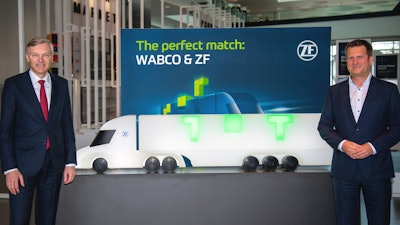
ZF Friedrichshafen AG has successfully completed the acquisition of commercial vehicle technology supplier WABCO, having gained approval from all required regulatory authorities. WABCO shares, previously listed on the New York Stock Exchange, cease public trading with immediate effect.
READ MORE: Acquisition Brings Technological Advantages
Signaling the start of WABCO’s integration into ZF, the acquisition unites two industry leaders behind a shared vision to create a customer-focused powerhouse to advance commercial vehicle technology. With the addition of WABCO, ZF’s focus will be on expanding its commercial vehicle service portfolio and on operating customer business.
"The combination of these two successful enterprises will bring a new dimension of innovation and capability for commercial vehicle systems technology. Thanks to our perfectly complementary portfolios and competencies, we are able to offer unprecedented solutions and services for manufacturers and fleets globally. In this way, we are actively shaping the future of the changing transportation industry,” says Wolf-Henning Scheider, CEO of ZF Friedrichshafen AG. “Together, we will create added value for our customers, employees and shareholders alike. This acquisition marks a major milestone in the history of our company. With it, we are consistently continuing the transformation in the powertrain and in the field of digitalization.”

In the future, WABCO will operate as an independent division, Commercial Vehicle Control Systems, within ZF Friedrichshafen AG and become the tenth division of the Germany-based technology company. During the integration of WABCO ZF will continue to strengthen its existing service portfolio and put its customers first.
“We are closing this acquisition in an unprecedented social and economic situation,” ZF CEO Scheider comments with regard to the COVID-19 pandemic and its impact. “We are currently focusing our efforts on protecting our employees, ramping up production, and securing our company’s liquidity. In the long term, this thoroughly prepared acquisition will make us even stronger for the future once we have overcome the immediate effects of the pandemic.”
The new Commercial Vehicle Control Systems division employs around 12,000 people at 45 locations worldwide and will work closely with ZF’s existing Commercial Vehicle Technology division, ZF’s aftermarket division and the global development team. Jacques Esculier, Chairman and CEO of WABCO, has decided to retire from his role. Effective today, the division will be headed by newly appointed Fredrik Staedtler. Staedtler brings significant commercial vehicle experience, gained over the past decades working in the industry, most recently as head of ZF’s Commercial Vehicle Technology division.
Systems provider for the commercial vehicle market
To the integration of WABCO, ZF links the performance promise “Mobilizing Commercial Vehicle Intelligence": ZF will offer customers a unique range of products and services. The extensive combined product portfolio now encompasses conventional and electric drive and chassis components, a comprehensive suite of sensors as well as fully integrated, advanced braking, steering and driver assistance systems for OEMs seeking technological differentiation for their new vehicle platforms. Additionally, ZF can offer digital fleet management solutions and an extensive global network of aftermarket services for commercial vehicles.
ZF is fully prepared to meet the diverse requirements of a commercial vehicle sector that is increasingly driven by digitalization: advancing road traffic safety, improving vehicle efficiency and lowering emissions, while delivering reduced total operating costs (TCO). The increasing use of digital solutions in fleet management offers the opportunity to optimize the entire system and to control the flow of goods efficiently.


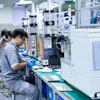
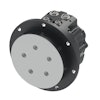






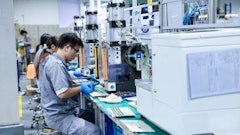
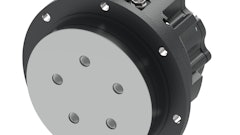

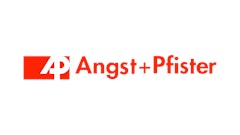


![Sa P75 I Sahr[80]](https://img.oemoffhighway.com/mindful/acbm/workspaces/default/uploads/2025/10/sa-p75-isahr80.Cn3n79HB4H.jpg?ar=16%3A9&auto=format%2Ccompress&fit=crop&h=135&q=70&w=240)

